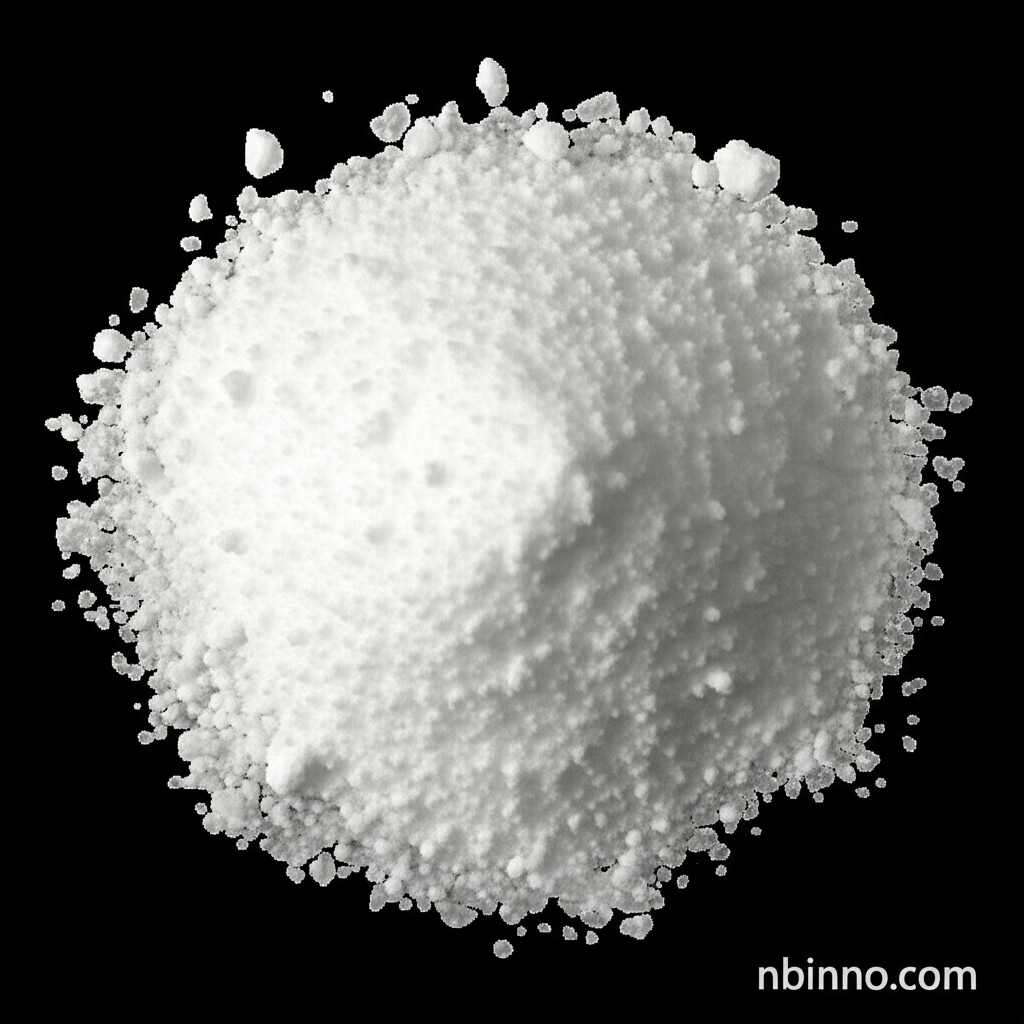Discover Advanced Organic Synthesis with Our Thiophene Carboxaldehyde
Unlock innovation in OLEDs, OPVs, and COFs with high-purity intermediates.
Get a Quote & SampleProduct Core Value

4-Hexyl-5-(4,4,5,5-tetramethyl-1,3,2-dioxaborolan-2-yl)-2-thiophenecarboxaldehyde
This advanced chemical intermediate serves as a crucial building block in the realm of organic electronics and complex molecule synthesis. Its unique combination of a thiophene core, a hexyl chain for solubility, a reactive aldehyde group, and a versatile boronate ester functionality makes it indispensable for creating sophisticated organic materials.
- Leverage 4-Hexyl-5-(4,4,5,5-tetramethyl-1,3,2-dioxaborolan-2-yl)-2-thiophenecarboxaldehyde CAS 1402132-40-4 synthesis for bespoke organic electronic devices.
- Utilize this compound as a key component in OLED materials synthesis intermediates, driving advancements in display technology.
- Employ it as a foundational element for organic photovoltaics building blocks, contributing to efficient solar energy conversion.
- Incorporate it as a versatile building block for covalent organic framework ligands, enabling the creation of porous materials with unique properties.
Advantages Provided by the Product
High Purity for Reliable Results
With a guaranteed purity of 97% minimum, this compound ensures consistent and reproducible outcomes in your critical research and manufacturing processes, essential for specialty thiophene derivatives.
Versatile Reactivity
The presence of both aldehyde and boronate ester functionalities makes it an ideal reagent for various coupling reactions, including Suzuki-Miyaura coupling reagents, enabling complex molecular architectures.
Enabling Advanced Material Creation
This molecule is pivotal for developing materials used in cutting-edge applications such as photocatalysis and iodine capture, proving its utility in specialized areas of material science, contributing to advancements in photocatalysis materials.
Key Applications
Organic Light-Emitting Diodes (OLEDs)
Act as a fundamental building block for creating novel emitters, hosts, or charge transport materials in OLED devices, enhancing luminescent properties and device efficiency.
Organic Photovoltaics (OPVs)
Serve as a crucial component in the synthesis of donor or acceptor materials for OPV cells, contributing to the development of flexible and efficient solar energy harvesting technologies.
Covalent Organic Frameworks (COFs)
Function as a key ligand for the construction of porous COFs, enabling applications in gas storage, catalysis, and separation through its ability to form robust networks.
General Organic Synthesis
Its dual functionality makes it an excellent intermediate for a wide range of organic transformations, including cross-coupling reactions, facilitating the synthesis of complex organic molecules for various research fields.
